The best motivation for fitness training is the belief that, whatever level of effort is made, it is rewarded with the maximum possible genuine returns. That is, there is genuine improvement against personal goals, and that it is obtained efficiently. There are three suggested motivational components.
- A fitness training log - This should be used to record the performance achieved in each exercise in each session, together with the date and notes of any conditions affecting performance. It is a vital component of the motivation system and should be maintained religiously.
The pressure is always to improve upon the previous performance level. Over a period of weeks the log provides testimony to the effectiveness of each exercise and of the programme as a whole. Continuous monitoring enables continuous fine tuning of the programme, and gives a credible record of achievement as a motivation to continue once the initial novelty and pain of exercise has worn off.
- An understanding of exercise physiology
Repeated instruction on correct exercise technique is no substitute for the knowledge of why a technique is best and what technique is optimum for any particular fitness objective. A model of the processes involved, together with the pressure from the training log of an improved score for the next session, concentrates the mind on obtaining the maximum benefit from an exercise rather than just going through the motions.
- A personal responsibility for fitness training
Transfer the responsibility for fitness training from the club back to its individual rowing members. A club should act as enablers and "encouragers" of its members' fitness programmes. For example, the club may provide some or all of the following.
- Regular training sessions covering exercise physiology and good exercise technique
- Personalised exercise programmes
- Club-printed training logs
- Monitoring and support of individual progress
- Advice in the setting of individual goals
- Ergo competitions
With individual logs, goals, knowledge of exercise physiology and experience of their own bodies, each rower becomes his or her own best fitness training manager. A personal responsibility for fitness improvement will heighten interest in effective fitness training and produce better gains. Such an approach eventually results in an increased awareness that fitness training, like a rowing event, is a very personal battle against one's own physical limits.

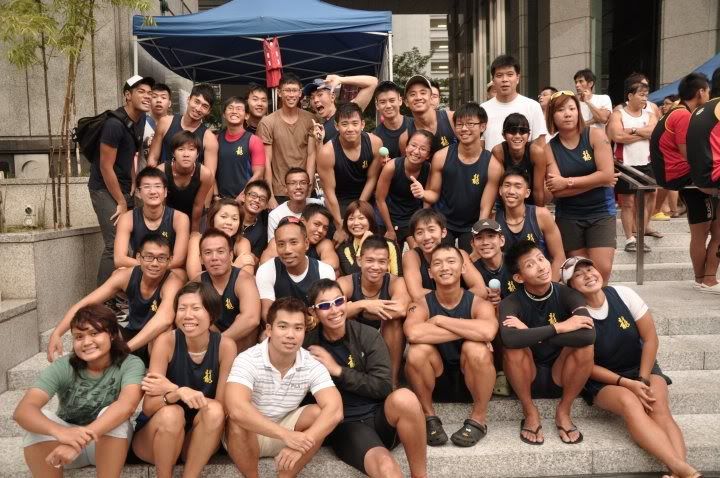
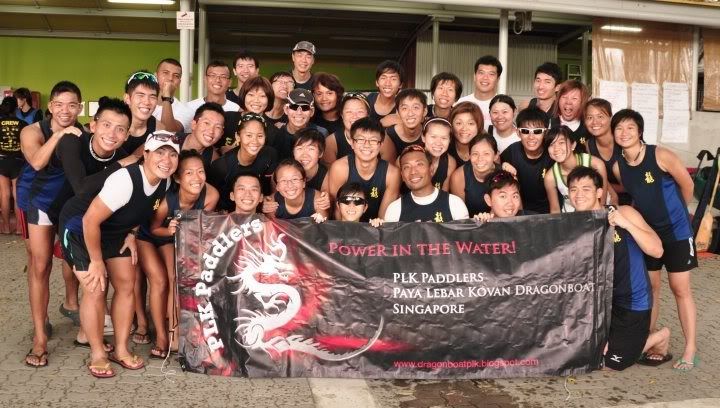
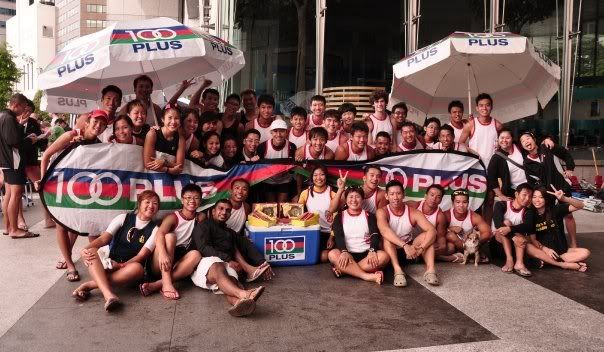
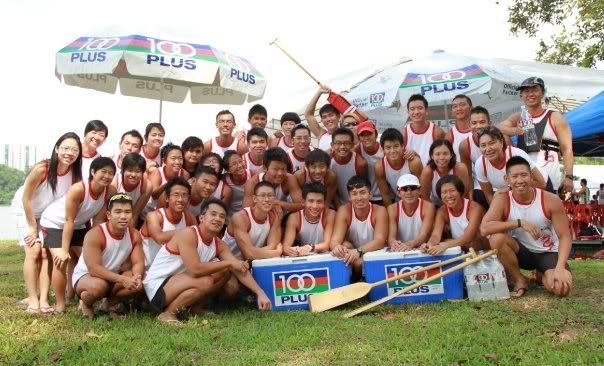
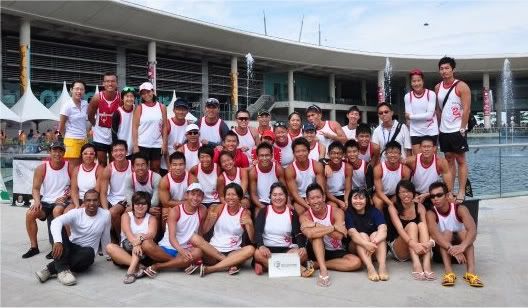
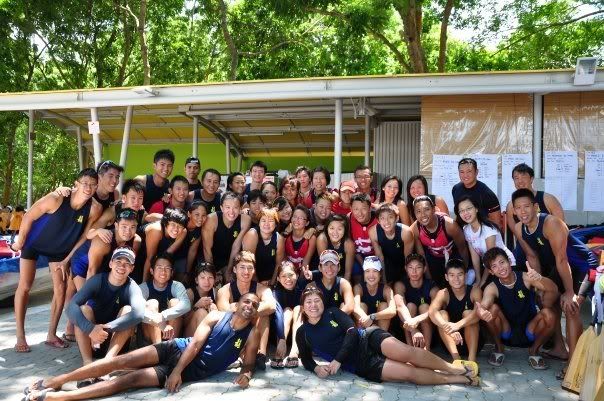
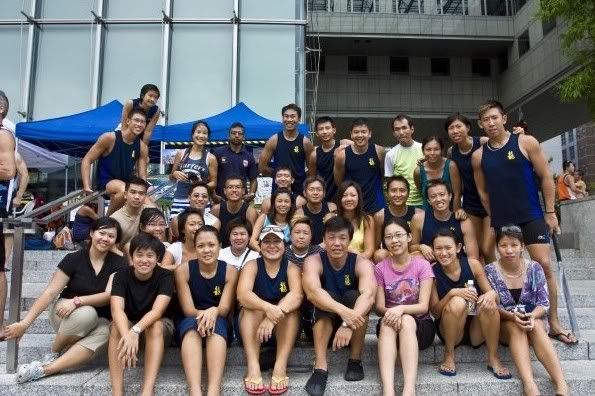
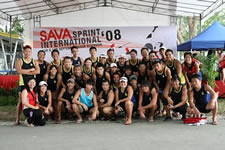
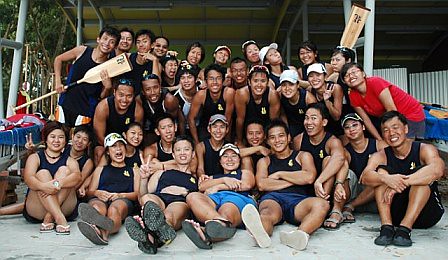

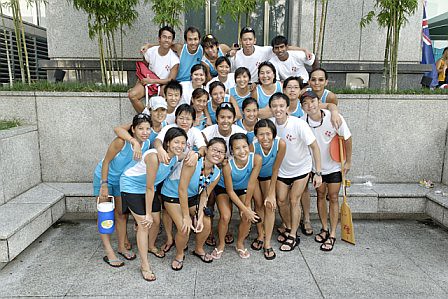
No comments:
Post a Comment